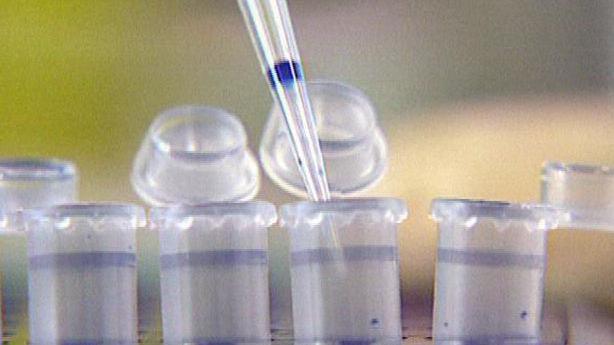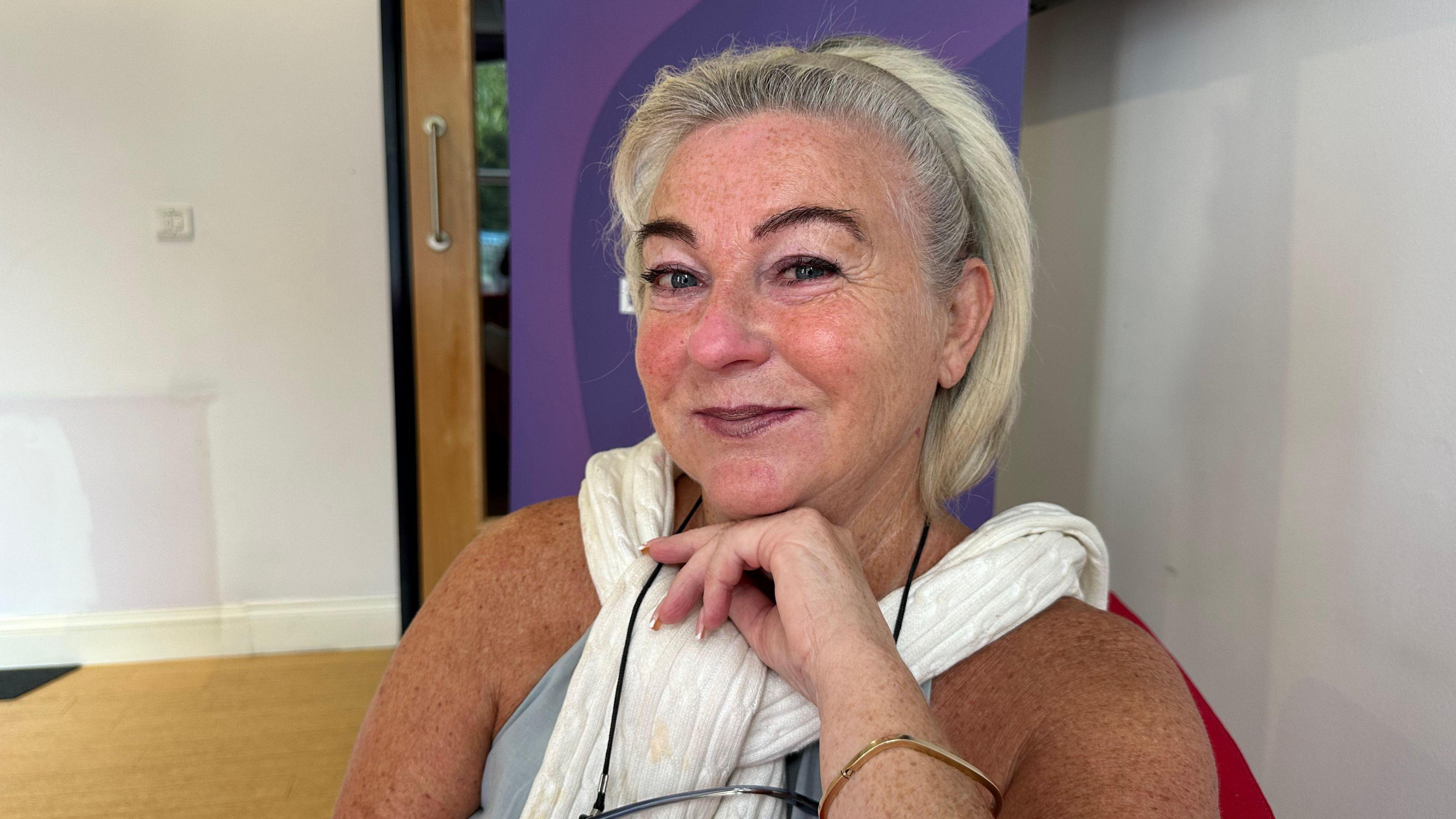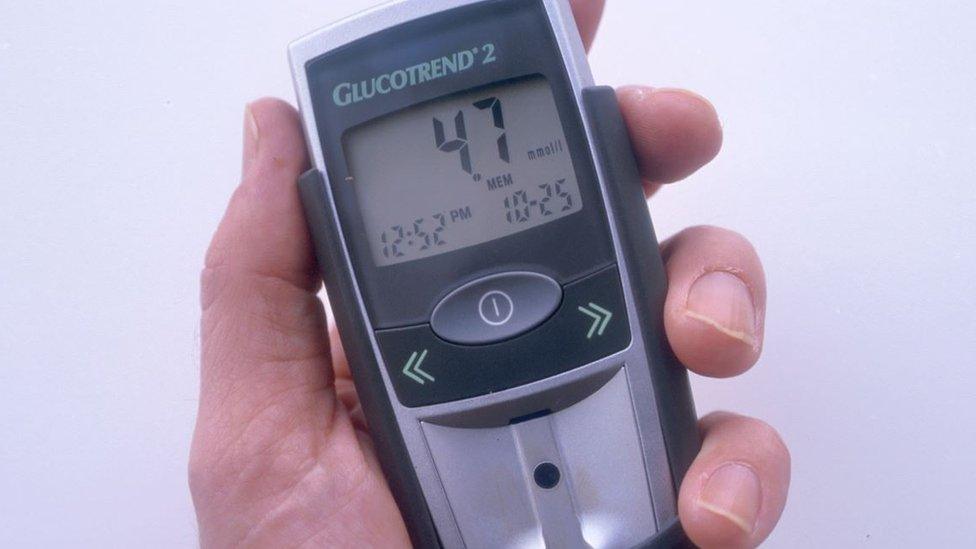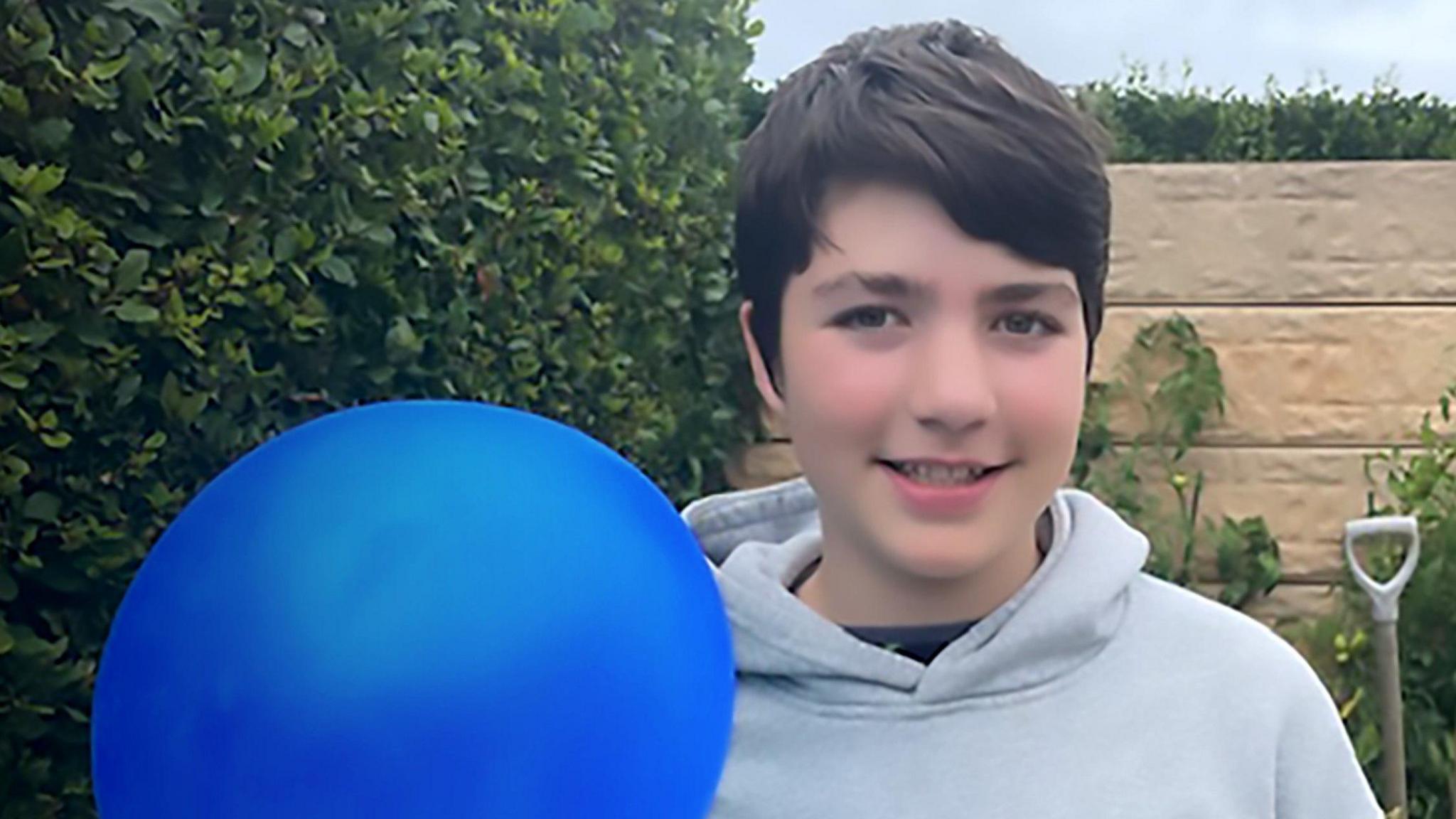Diabetes charity pays government for urgent testing

- Published
A diabetes awareness charity in Jersey is paying the island's government to provide urgent testing for a rare form of the disease, it says.
Mody [Maturity Onset Diabetes of the Young, external] had a genetic component, so family members were more likely to have it, Diabetes Jersey said.
The symptoms were typical of type 1 and type 2 diabetes: thirst, weight loss and fatigue; but Mody could only be confirmed through testing, charity managers said.
Undiagnosed, sufferers could go blind or have to have limbs amputated, they added.

Teresa Mayo is worried her brothers may also have a rare form of diabetes
Teresa Mayo was diagnosed with Mody when she was 18.
Her brother recently had to have his toe amputated when complications developed after he hit it against a stone.
She said that he "knew that he is diabetic" but he had not been tested for Mody.
She said she believed he may also have the condition and he urgently needed to find out if he had the same rare form of the disease.
"It is affecting him terribly. He is very depressed. He is hoping that he is going to get better.
"With Mody, it seems as if it has been hiding because, with type 1 and type 2, it is more recognised.
"We do not know if he has got Mody, but we need to know."
Delay criticism
Bill O'Brien, from Diabetes Jersey, said: "The urgency is to get those who are known to be susceptible to having the Mody form of diabetes tested immediately.
"It doesn't seem right to me, irrespective of the government not having the funds currently to provide this service, that there should be a delay".
The charity said it believed up to 50 people in Jersey should be urgently tested for Mody and that it had agreed with the island's government to invest £60,000 in testing until the end of 2025.
Mr O'Brien said: "We will immediately fund this testing to clear the backlog, and will continue to provide the funding for any new cases that are identified up until the end of next year."
Follow BBC Jersey on X (formerly Twitter), external and Facebook, external. Send your story ideas to channel.islands@bbc.co.uk, external.
Related internet links
- Published22 January 2024

- Published20 November 2023
